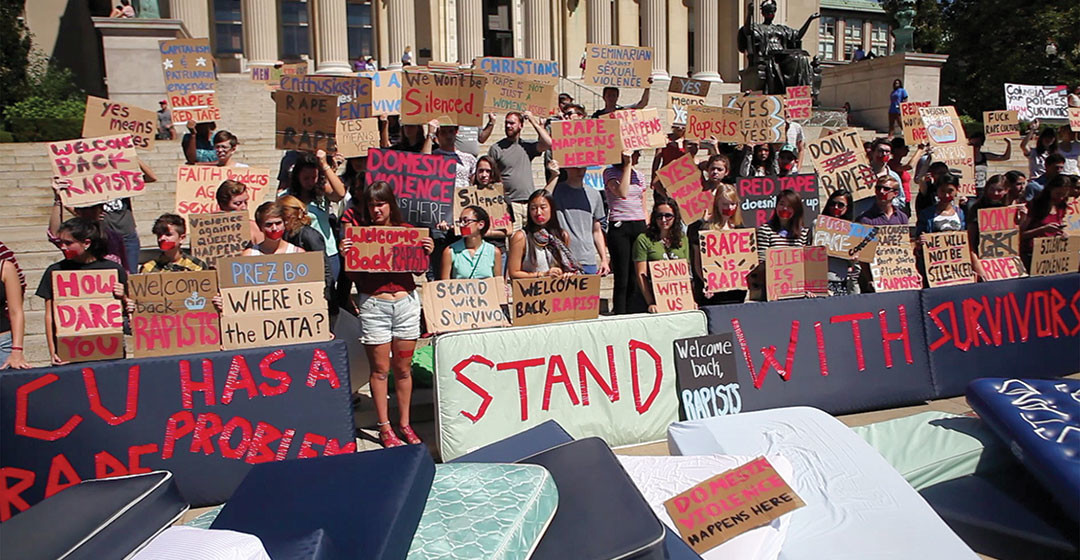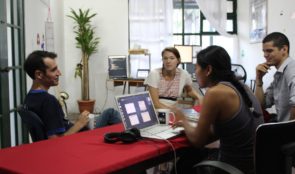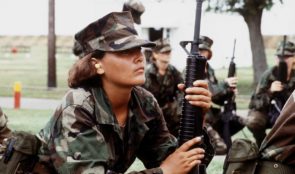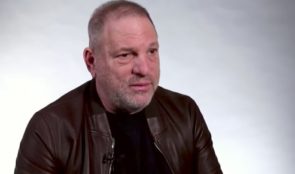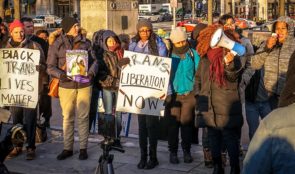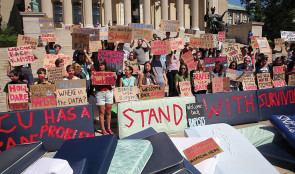I can still remember the words in the first newspaper account I ever read describing a rape. It was in the 1950s, and the local paper quoted the victim. “He made me take my clothes off and he….” I was old enough to read, but not old enough to understand what came next, what the reporter at that time called “sexual relations.” Today, the words are “sexual assault.”
I believe this year may mark a turning point in our ability to have difficult conversations about sexual relations, sexual assault, and the nature of consent. The conversations are unavoidable because they’re splashed all over the news.
The recent trial involving a student at St. Paul’s boarding school is a case in exactly this point. A 16-year-old student took the witness stand and went into excruciating detail to prove that she’d been raped as a 15-year-old freshman. The jury, however, ultimately sided with the alleged perpetrator, a senior at the time, who said the encounter was “consensual.” The jury found him guilty of several lesser offenses—but not of rape.
We are still fighting the old-fashioned idea that women bear responsibility for the actions of sexual aggressors. Look at the initial reaction to stories about Bill Cosby-as-rapist. That was victim blaming at its most egregious, compounded by the fact that a powerful man was involved. When the number of accusers kept growing, including some celebrities, public opinion and media coverage begin to shift in favor of the sexual assault narrative.
More than 50 women have now come forward to tell their stories. Yet Cosby and his supporters still contend that any “sexual relations” were “consensual.” All seem to agree that something happened. But there is sharp disagreement on how to define it.
When artist and student Emma Sulkowicz felt that Columbia University was wrong to decide that she had not been the victim of a sexual assault, she created Carry That Weight, an art project that expresses her own definition of the incident.
Sulkowicz says that the sex was not consensual. Columbia’s response seemed to cast implicit blame, with Columbia President Lee Bollinger literally turning his back on her, instead of shaking her hand, as she crossed the stage at graduation. Nonetheless, Sulkowicz’s response to her experience has inspired others to tell their own stories, to become activists at their own universities, and to engage in dialogue about consent.
The widely acclaimed documentary on campus sexual assault, The Hunting Ground, which tells stories of sexual assault from the point of view of survivors, has also inspired more conversation and action. When those accused of sexual assault tell their side of the story in court or to the press, they usually do not deny that “sexual relations” took place. They insist instead that what happened was “consensual” despite the shocking details revealed by their accusers.
To date, hundreds of schools, community groups, and law enforcement agencies have booked screenings of the film. After these screenings, many host frank talks about sexual assault. As an executive producer of the film, I am heartened by the dialogue and community action that it continues to encourage. And as people learn and grow, attitudes change. Ideas change. Systems change.
I’m working to hasten these changes, because I want to live in a world in which we have a culture of respect, in which sexual relations don’t happen without enthusiastic consent, and in which rape is treated as the crime that it is. The true agents of change are the women and men who have experienced sexual assault and refuse to remain silent. Their courage and perseverance are causing old prejudices and outdated standards to be questioned and discarded. That 1950s newspaper story shielded the name of the victim, to spare her “shame.” The real shame is that it’s taken so long to support victims, test rape kits, and punish perpetrators. On that we can all agree.

Ruth Ann Harnisch founded the Harnisch Foundation in 1998 and serves as its president. The HF invests in projects, programs and people working for gender and racial equality. She is also a trustee of the Awesome Without Borders chapter of the Awesome Foundation, a patron of the TED conferences and the Sundance Institute,where she is a funder of Women at Sundance and Female Filmmakers Initiative. Ruth Ann is a founding co-chair of the Film Circle of Women Moving Millions and a member of the Film & Media Circle of the Women Donors Network. She is a certified professional coach, a volunteer Crisis Counselor on the Crisis Text Line (741741) and is known in some circles as “the punk rock fairy godmother of feminism.”
Worth your time
- Non Gamstop Casinos UK
- Best Non Gamstop Casinos 2025
- Non Gamstop Casinos UK
- Non Gamstop Casinos UK
- Casinos Not On Gamstop
- Casinos Not On Gamstop
- Casino Not On Gamstop
- Casino Italiani Non Aams
- Online Casino Canada
- Non Gamstop Casinos Uk
- Best Non Gamstop Casinos
- Meilleur Casino En Ligne France
- Casino Sites Not On Gamstop
- Non Gamstop Casino Sites UK
- Casino Online Non Aams
- Casino Sites Not On Gamstop
- Non Gamstop Casinos
- Meilleur Casino En Ligne France
- Meilleur Casino En Ligne Francais
- Casino Sites Not On Gamstop
- Non Gamstop Casinos UK
- Casinos Not On Gamstop
- Migliori Siti Casino Non Aams
- Meilleur Casino En Ligne
- Casino Non Aams
- Meilleur Casino En Ligne Belgique
- Siti Non Aams
- Tennis Paris Sportif
- Site De Paris Sportif En Ligne
- Casino En Ligne France
- Sweet Bonanza Avis
- ブック メーカー おすすめ
- Online Casino App Real Money
- Casino Français En Ligne
- Casino Italia Non Aams
- Meilleur Casino En Ligne Belgique
- Meilleurs Casino En Ligne
- Nouveau Casino En Ligne
- Casino Con Crypto
- Best Crypto Casino


